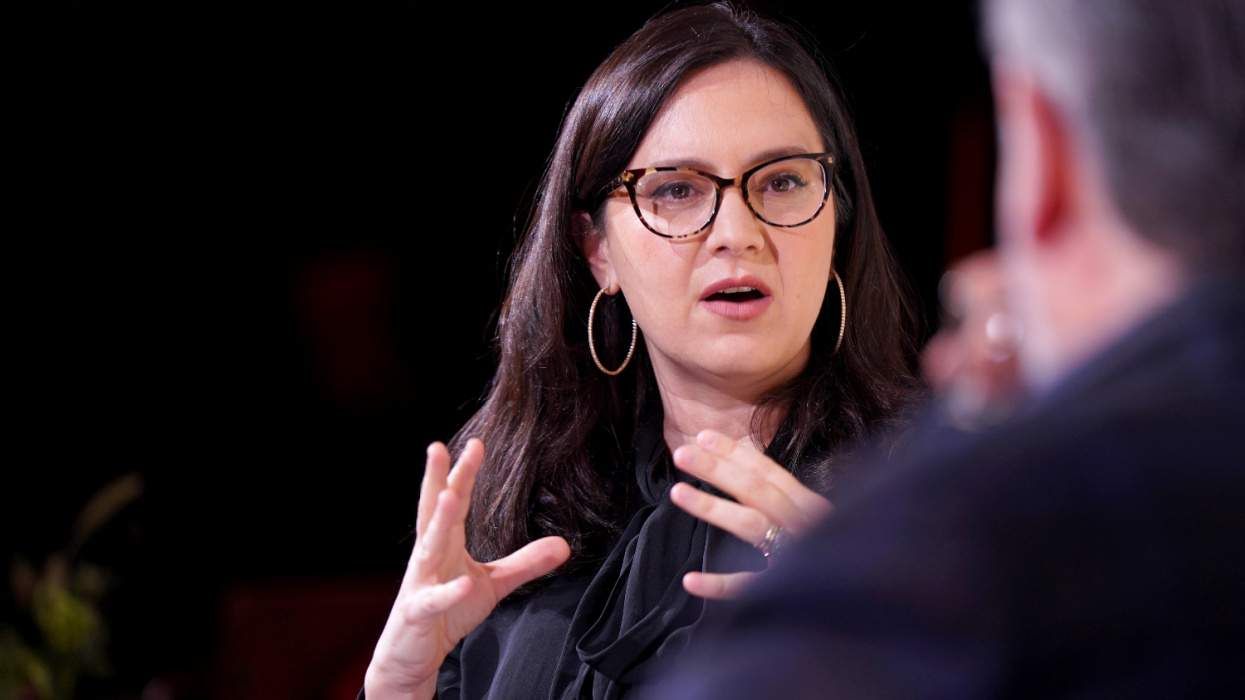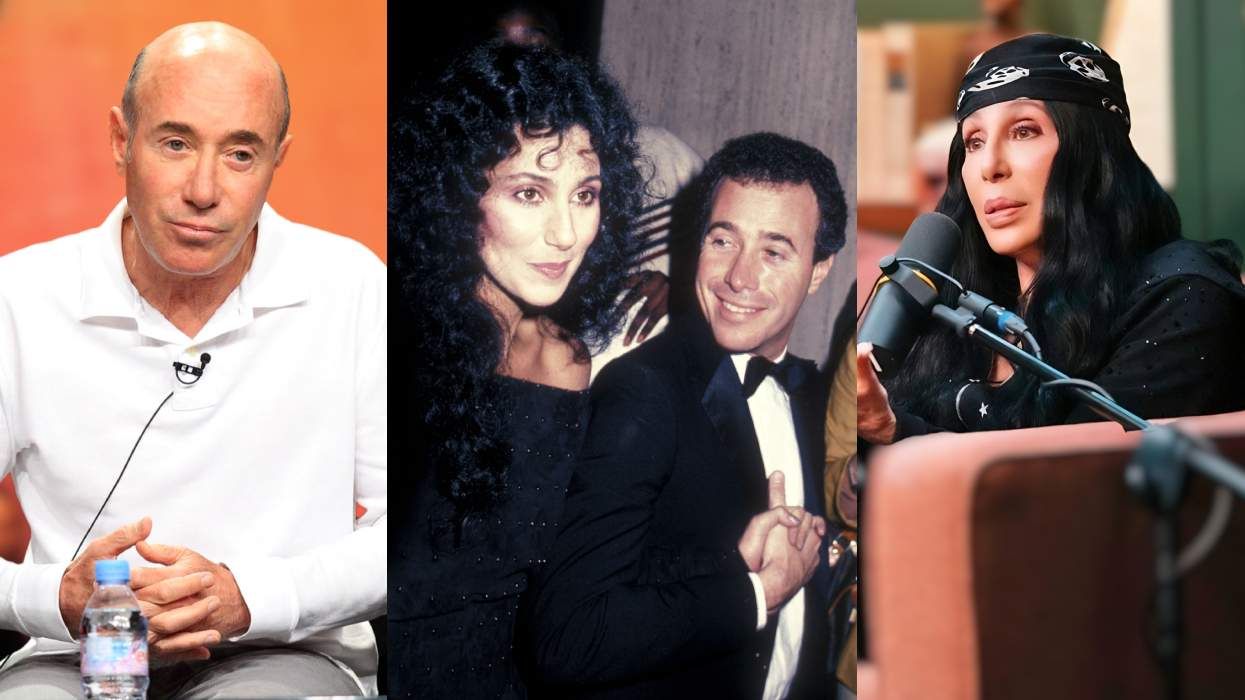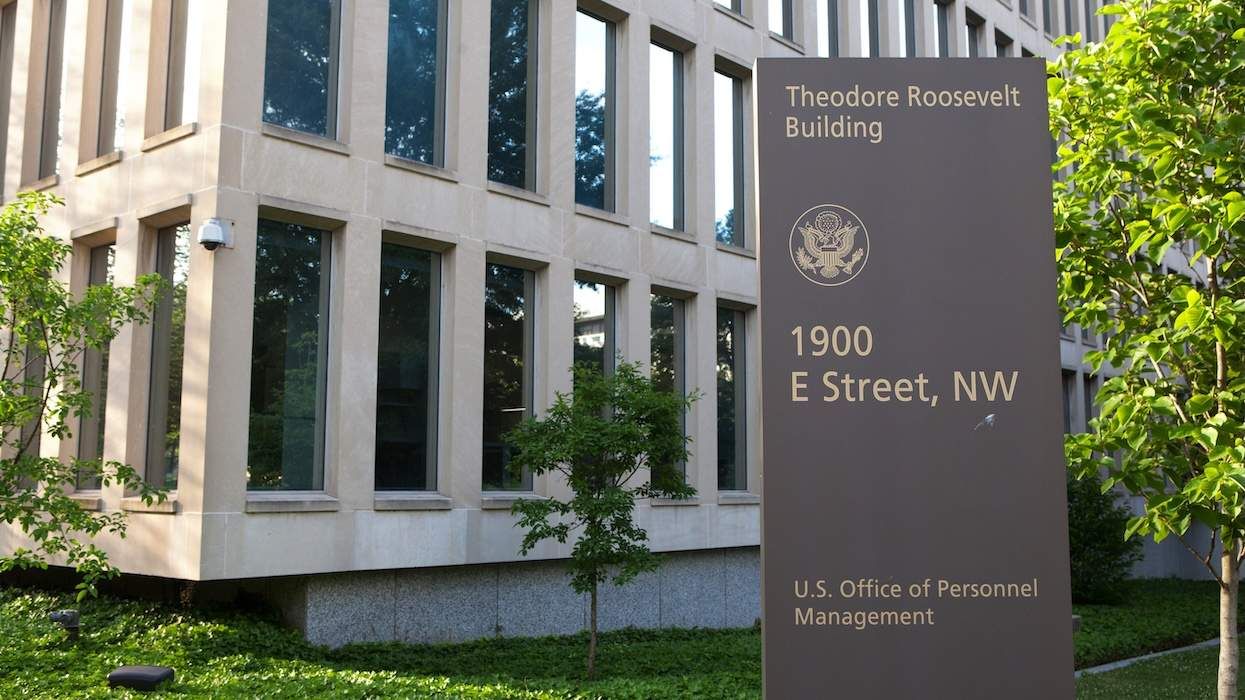Even as conservatives pressure major corporations into abandoning diversity, equity, and inclusion efforts, the number of businesses participating in them is only growing.
The Human Rights Campaign has released its annual Corporate Equality Index (CEI), a report measuring company policies and practices related to LGBTQ+ workplace equality. A record 1,449 businesses were rated this year, up from 319 in 2002, the first year of the survey. This year's report included 72 first-time participants, marking a 5 percent increase from last year.
"At its core, the work of the CEI is about making businesses stronger. Since the start of this work 22 years ago, we’ve seen drastic shifts in corporate America towards more equitable and inclusive working conditions, family formation and healthcare benefits, and non-discrimination protections,” HRC President Kelley Robinson said in a statement. “At times, progress meets backlash, but companies continue to dedicate the time and resources to reinforcing workplace inclusion. As a result, they are more competitive and more creative while attracting and retaining top talent and widening their consumer base."
Out of the companies, 98 percent (1,420) have nondiscrimination policies for sexual orientation and gender identity, up from just 5 percent in 2002. Around 75 percent (1,089) provided an LGBTQ+ health benefits guide – a 25 percent increase from last year – and 1,051 companies instituted gender transition guidelines with supportive policies for transitioning employees, their managers, and their colleagues – up 21 percent over last year.
Overall, 82 percent (1,187) provide equivalency spousal and partner medical benefits, 92 percent (1,329) provide equivalency in their family formation benefits for spouses and partners, and 87 percent (1,258) provide equal health coverage for transgender individuals without exclusion for medically necessary care.
In total, 765 companies – a 28 percent increase from last year – earned a perfect score of 100. The organization noted that this occurred "despite anti-LGBTQ+ attacks on businesses," referencing the online effort by conservatives to pressure companies into dropping DEI programs and LGBTQ+ workplace protections.
Several major U.S. businesses announced they would be ending their DEI programs in the past year – in part by ceasing participation in the CEI – including Walmart, John Deere, Harley-Davidson, and most recently McDonald's.
The decisions came after pressure from conservative extremists online, including failed filmmaker turned failed congressional candidate Robby Starbuck, who has taken credit for the companies' decisions. However, experts believe that Starbuck's pressure alone does not explain the shift.
Senior Director of Workplace Equality RaShawn Hawkins said the goal of the CEI is "work in a spirit of partnership with companies, providing educational resources and leading benchmarking" while helping businesses "to expand their consumer base and attract top, innovative talent by supporting the LGBTQ+ community.”
“The CEI is so much more than a score on paper. For decades businesses have relied on the CEI as a tool for transparency and leveling the playing field for all workers, making sure LGBTQ+ people and their families can share in fair, respectful and supportive workplaces and benefits,” Hawkins said. “As conversations evolve on corporate America’s approach to diversity, equity and inclusion, year-over-year growth in CEI participation is evidence of a business community that largely recognizes the responsibility and value in upholding equity and inclusion."
















